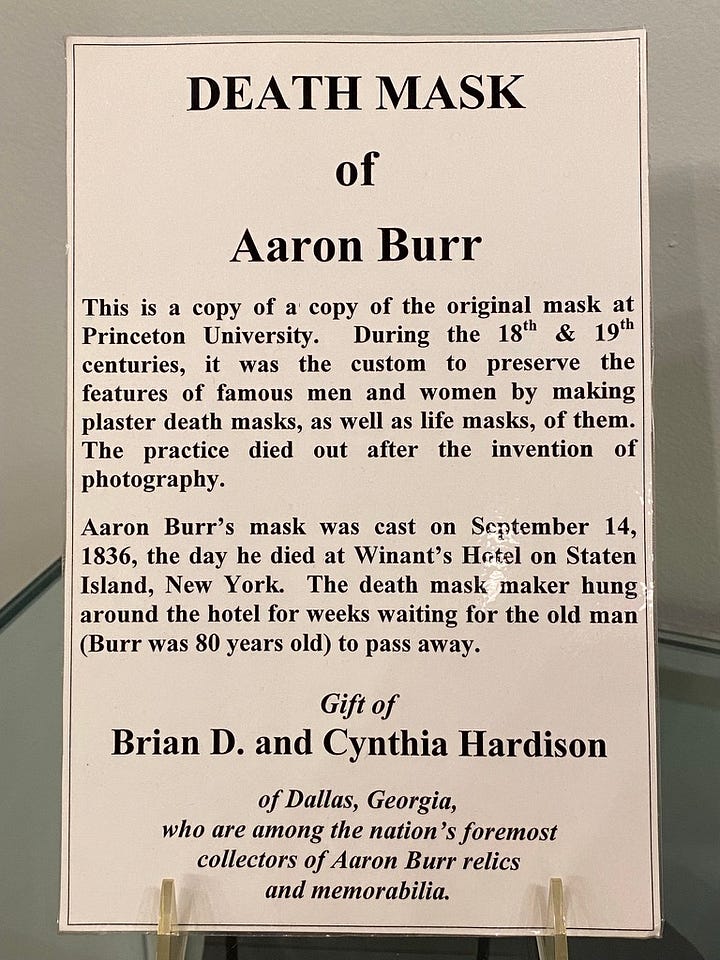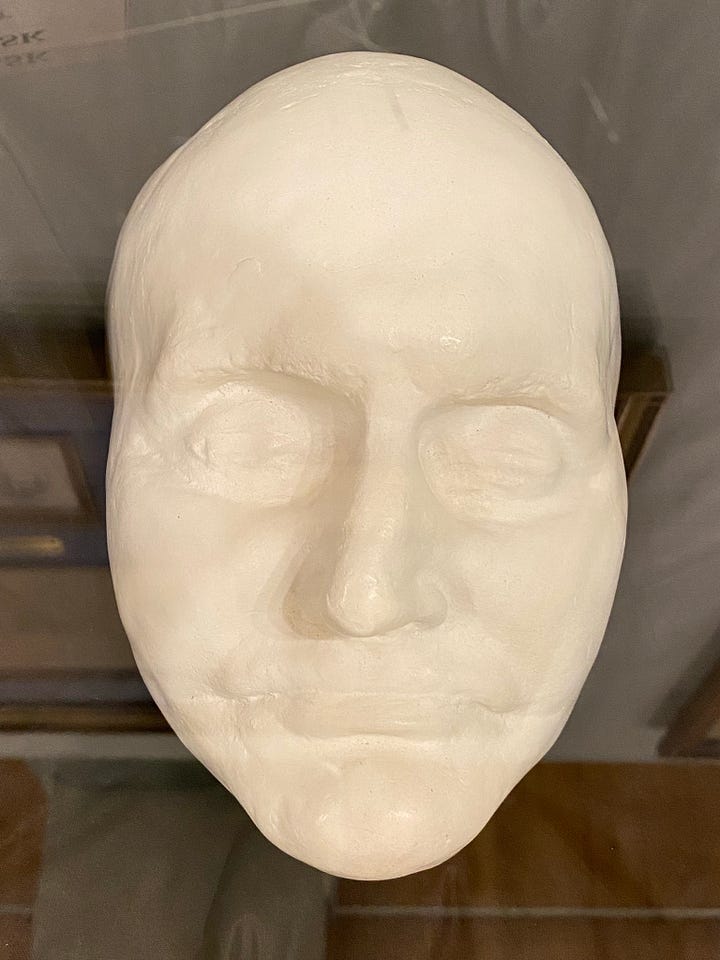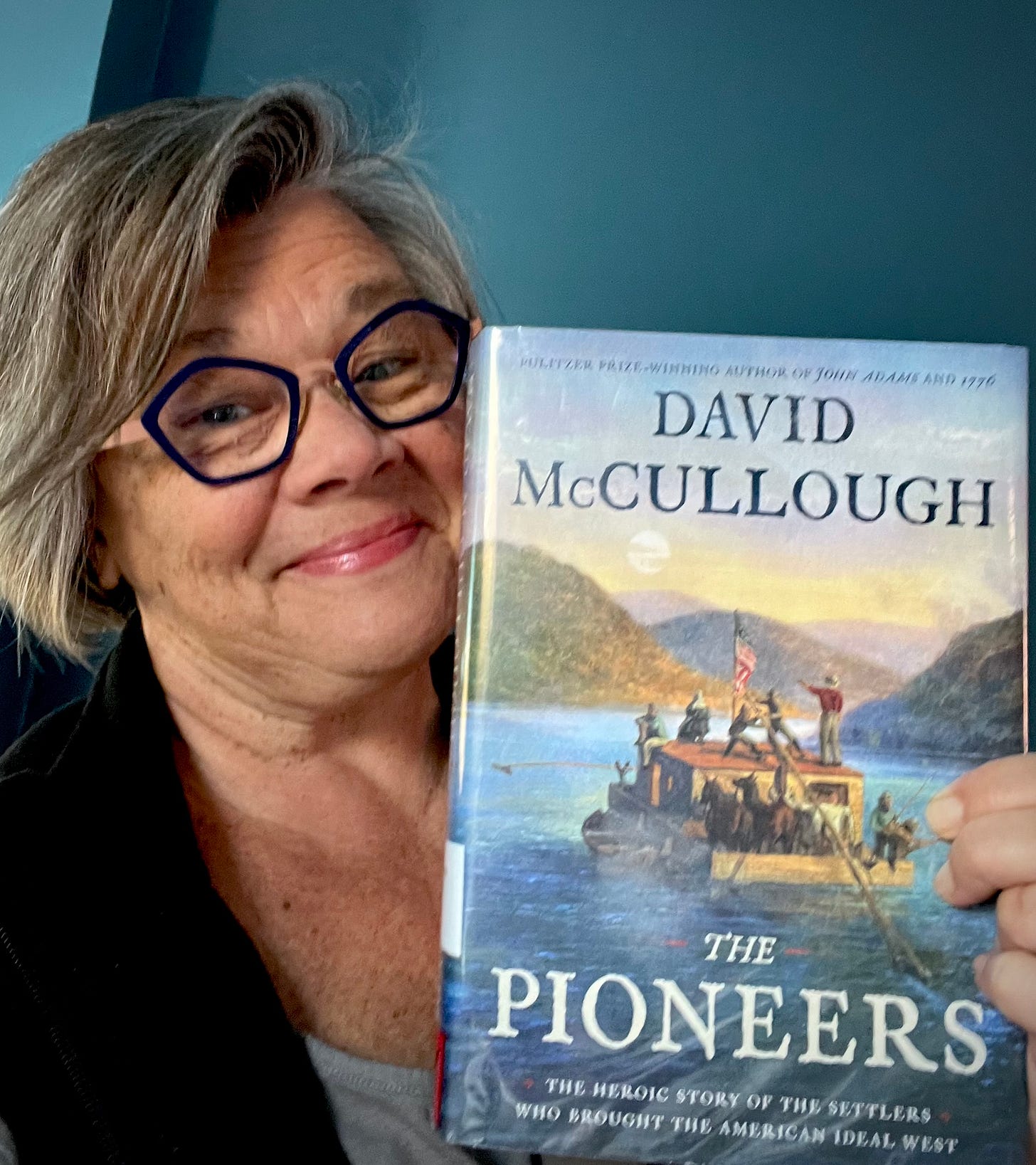David McCullough's Ohio River Book, "The Pioneers"
Life on the frontier of America's first Western Territory
The other night, my spouse and I were scrolling through the channels and came upon the 1972 pilot of M*A*S*H. Matt and I had watched the CBS reruns on a black-and-white TV every night as we pulled a meal together in his tiny college apartment. We loved the show’s zany characters and its stick-it-to-the-man pacifism and didn’t notice (much less mind) the laugh track. So we curled up on the couch to relive the experience. Here’s the pilot’s plot line: The Swamp’s Korean houseboy, Ho-Jon, gets accepted to study at Hawkeye’s alma mater, but he has to pay to get himself there. The camp raises money by raffling a weekend in Tokyo with a nurse, much to the chagrin of Hot Lips and Burns.
Wow. How did we overlook this in the eighties?
It didn’t end there. The original cast featured a third doctor in the Swamp with Hawkeye and Trapper John named “Spearchucker” Jones. Yep, he was Black. Our heads swiveled from the TV to each other fast enough to warrant a chiropractic visit. Spearchucker? That was a bridge too far. M*A*S*H will just have to remain a fond college memory in chez Rich.
Why did I lead with this little “woke” anecdote when the headline promised a book review? Because the taste and experience of any reviewer grounds their review, and tastes change over time. David McCullough’s approach to his subjects is of a style that no longer appeals to me. He was one of America’s most decorated historians1 and that alone is reason to read The Pioneers: The Heroic Story of the Settlers Who Brought the American Ideal West. To his credit, the title clearly tells us he will center WASP2 men in telling the history of settling the Northwest Territory. I could have chosen not to read it, but I’m not narrow minded. After a lifetime of reading history books that do the same thing—not noticing the bias any more than I noticed “Spearchucker” in M*A*S*H forty years ago—I see it everywhere now and have recalibrated the bar for historians writing today.
If McCullough were submitting this manuscript to his publisher in 2024, I’d like to think he would have used his prodigious skills and massive platform to tell a more fulsome version of history. For example, The Pioneers could have included philosophical and religious differences in how native people and white settlers viewed the land. And if he didn’t want to go that broad, I’d have appreciated a good grounding in the scriptural interpretations of New Englanders who “settled” the “untamed wilderness.” Surely, the author came upon transcripts of sermons justifying the murder of fellow human beings in the process of establishing the first white settlement in the Territory, Marietta, Ohio, as a “City upon the Hill.”3
You are the light of the world. A city on a hill cannot be hidden.
~Matthew 5:14
Criticism aside, I learned a great deal from reading The Pioneers. McCullough emphasized throughout the book how these early settlers worked tirelessly to establish the Northwest Ordinance’s three “remarkable conditions” into their new communities:
Freedom of religion
Free universal education
The prohibition of slavery.
I should say that these are New England values, not those of Virginia, which claimed much of the Territory before the Revolution and whose land and government bordered the southern shores of the Ohio River after the Northwest Ordinance. New Englanders settled southeastern Ohio first, but the Virginians entered soon after and started flexing.
Meet the five pioneers of McCullough’s title:
Manasseh Cutler was a Yale-educated New England minister and a leader of the Ohio Company of Associates. This land company bought a large tract in what is now southeast Ohio from the United States after the British ceded it at the end of the Revolutionary War. He vigorously pushed for the Northwest Territory to be slavery free.
General Rufus Putnam also a founder the Ohio Company of Associates and led the first group of settlers in founding Marietta, Ohio. Later, he served as a judge and a member of the Ohio state constitutional convention.
Ephraim Cutler, the eldest son of Manasseh, was not as well-educated as his father had been, yet, he led the charge in establishing a common school system and the Territory’s first university, Ohio University, where he served as a trustee for 29 years.
Samuel Hildreth, a physician, naturalist, and historian who became a member of the Ohio Legislature. With the help of Ephraim Cutler and others, he published Pioneer History in 1848, followed by Memoirs of the Early Pioneer Settlers of Ohio in 1852.
Joseph Barker’s path to prominence was his important skills as a carpenter, architect, and shipbuilder. Some of the many ships he built at his farm were used for that scoundrel Aaron Burr’s expedition, which I must write about soon. Barker reached the rank of colonel of the militia during the Northwest Indian War, was named a justice of the peace in 1799, and elected to serve as the judge of Washington County's common pleas court from 1830 to 1842.
Here’s a picture I took of Aaron Burr’s plaster death mask at the Blennerhassett Island Museum in Parkersburg, West Virginia. The placard on the left explains this custom.


Slavery in Ohio
I want to zero in on the third “remarkable condition” of the Territory—the abolition of slavery. General Putnam and Ephraim Cutler were delegates to the Territory convention in 1802. Both were shocked when delegates of the Jeffersonian persuasion tried to find a way around the anti-slavery provision of the Northwest Ordinance. Among the ex-Virginians in the delegation was speaker of the Ohio House of Representatives, Edward Tiffin, who had manumitted his slaves before moving to the Territory in 1798 and evidently longed for the lifestyle of his birthright.
He and the other wily Virginians figured they could get away with it if they simply redefined the meaning of slavery. Here’s what they proposed: “No person shall be held in slavery, if a male, after he is thirty-five years of age, or a female, after twenty-five years of age.”
New Englanders Cutler and Putnam were very much opposed to slavery, but Cutler carried a special zeal for the issue that his father had championed before the Continental Congress when he negotiated the land deal. Before the vote came to the floor, Cutler fell ill. On the day of the vote, one account held that Putnam and another man carried Cutler to the convention on a stretcher to be sure he had done his part to vote the measure down, which they did.
But wait, there’s more! Tiffin didn’t get his way in allowing slavery, but he cast a tie-breaking vote to deny the voting franchise to the new state's 337 African-American residents. Here’s an interesting article on how Ohio Blacks eventually prevailed many years later. I’ll definitely be writing about this in a future newsletter.
I’m pretty sure I never learned most of this in Ohio History or American History. Did you? Did any of this surprise you?
That’s all for me this month. I’ll be back in February with The 981 Project’s Trivia Quiz. Thanks for reading and sharing!
David McCullough (1933-2022) twice received the Pulitzer Prize, for Truman and John Adams, and twice received the National Book Award, for The Path Between the Seas and Mornings on Horseback. His other acclaimed books include The Johnstown Flood, The Great Bridge, Brave Companions, 1776, The Greater Journey, The American Spirit, The Wright Brothers, and The Pioneers. He was the recipient of numerous honors and awards, including the Presidential Medal of Freedom, the nation's highest civilian award.
White Anglo-Saxon Protestant
"City upon a Hill" is a phrase derived from the teaching of salt and light in Christ’s Sermon on the Mount. Its use in political rhetoric in United States politics is that of a declaration of American exceptionalism to refer to America acting as a "beacon of hope" for the world. Source.



Hello, where were was David McCullough originally from? I have an uncle that passed away in 2022 name. David McCullough, my name is Brian McCullough and I'm very interested to know where it is from.
You are hung up on personal injustices to your race…
Such a shame as you try in vain..
McCullough painted vividly what transpired IN THE PERIOD in which events occurred.